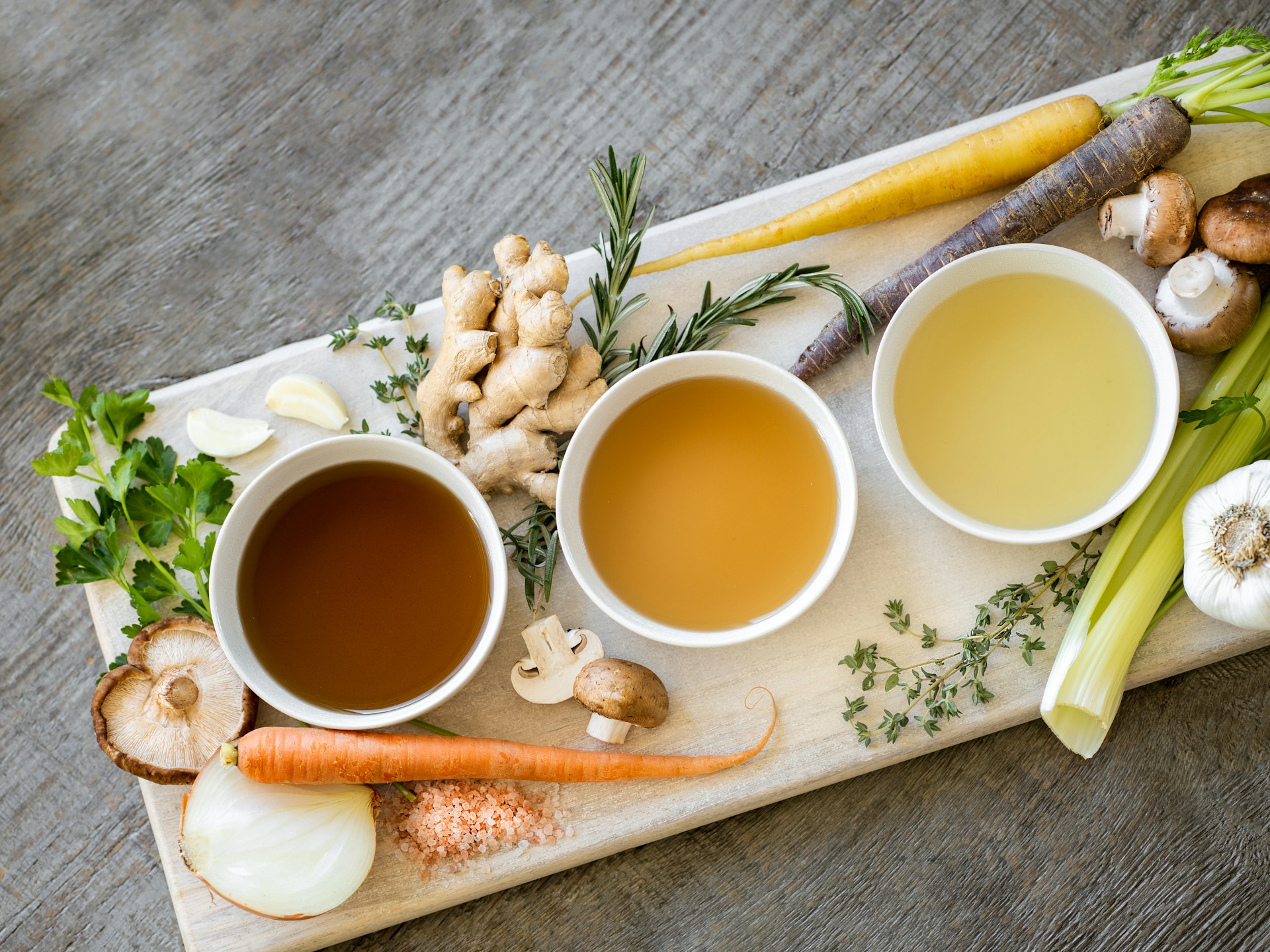Ginger is a popular spice that adds flavor and zest to many dishes and drinks. But did you know that ginger also has many health benefits? From easing nausea and pain to lowering blood sugar and cholesterol, ginger can help you improve your well-being in various ways. In this article, we’ll explore everything you need to know about ginger, including its history, nutrition, natural sources, and side effects. We’ll also give you some tips on how to incorporate ginger into your daily routine and enjoy its benefits.
What is Ginger?
Ginger (Zingiber officinale) is a plant native to Asia, where it has been used as a spice and medicine for thousands of years. The part of the plant that we use is the rhizome, or the underground stem, which has brown skin and yellow flesh. Ginger has a distinctive aroma and a pungent, spicy taste that comes from its natural oils, especially gingerol. Gingerol is the main bioactive compound in ginger, and it’s responsible for many of its medicinal properties, such as anti-inflammatory and antioxidant effects.
What are the Health Benefits of Ginger?
Ginger has been studied for its potential to treat various health conditions, and some of the evidence is promising. Here are some of the health benefits of ginger that are supported by scientific research:
Nausea relief
Ginger is one of the most effective natural remedies for nausea, especially during pregnancy. Taking ginger by mouth can reduce nausea and vomiting in some pregnant women, without harming the baby. Ginger may also help with nausea caused by motion sickness, surgery, or chemotherapy, but the results are mixed.
Pain relief
Ginger may help reduce pain in some people with osteoarthritis, a common joint disorder that causes stiffness and swelling. Taking ginger by mouth or applying it to the skin can slightly reduce pain and improve function in some people with osteoarthritis. Ginger may also help with menstrual cramps, migraine headaches, and muscle soreness, but more research is needed to confirm these effects.
Blood sugar regulation
Ginger may help lower blood sugar levels and improve insulin sensitivity in people with diabetes or prediabetes. Taking ginger supplements for 8 to 12 weeks may significantly reduce fasting blood sugar, hemoglobin A1c, and other markers of diabetes. However, ginger may also interact with some diabetes medications, so consult your doctor before using it.
Cholesterol reduction
Ginger may help lower cholesterol levels and prevent the buildup of plaque in the arteries, which can lead to heart disease. Taking ginger supplements for 3 to 12 weeks may significantly reduce total cholesterol, LDL (bad) cholesterol, and triglycerides, while increasing HDL (good) cholesterol. However, ginger may also interact with some cholesterol-lowering medications, so consult your doctor before using it.
Antibacterial properties
Ginger may help fight against some bacteria that cause infections, such as E. coli, Salmonella, and Staphylococcus. Ginger extracts have shown antibacterial activity against these and other bacteria in test tubes, but more studies are needed to see if they work in humans.
What is the Nutrition of Ginger?
Ginger is low in calories and rich in antioxidants, which help protect your cells from damage and prevent disease. Two teaspoons of ginger have 4 calories and provide small amounts of vitamin C, magnesium, potassium, copper, and manganese. Ginger also contains over 400 natural compounds, some of which have anti-inflammatory properties.
What are the Natural Sources of Ginger?
Ginger is widely available in fresh, dried, powdered, or oil forms. You can use ginger in various ways, such as:
- Adding fresh or powdered ginger to soups, stews, curries, stir-fries, salads, or desserts.
- Making ginger tea by steeping fresh or dried ginger slices in boiling water and adding honey or lemon.
- Drinking ginger ale, ginger beer, or ginger juice, which are carbonated or non-carbonated beverages made with ginger and sugar.
- Eating ginger candies, cookies, cakes, or breads, which are sweet treats made with ginger and other ingredients.
- Taking ginger capsules, tablets, or lozenges, which are dietary supplements that contain ginger extract or powder.
What are the Side Effects of Ginger?
Ginger is generally safe and well-tolerated, but it can cause some side effects in some people, especially when taken in high doses. Some of the possible side effects of ginger are:
- Heartburn, diarrhea, stomach discomfort, or gas, are common digestive problems caused by ginger’s spicy nature.
- Burping, which is a result of ginger’s ability to stimulate saliva and gastric juices.
- Skin irritation may occur if you apply ginger to the skin, especially if you have sensitive skin or allergies.
- Bleeding may happen if you take ginger with blood thinners or have a bleeding disorder, as ginger may interfere with blood clotting.
- Drug interactions may occur if you take ginger with medications for diabetes, high blood pressure, or cholesterol, as ginger may affect their effectiveness or cause adverse effects.
To avoid these side effects, you should use ginger in moderation and consult your doctor before using it if you have any medical conditions or take any medications. You should also avoid ginger if you are allergic to it or any of its related plants, such as turmeric, cardamom, or galangal.
How to Incorporate Ginger into Your Daily Routine To Enjoy Its Full Benefits

Ginger is a versatile spice that can enhance your health and wellness in various ways. Here are some tips on how to incorporate ginger into your daily routine and enjoy its benefits:
- Start your day with a cup of ginger tea, which can boost your metabolism, improve your digestion, and warm you up.
- Add some fresh or powdered ginger to your breakfast, such as oatmeal, yogurt, smoothies, or pancakes, which can add flavor and nutrition to your meal.
- Sprinkle some ginger on your snacks, such as nuts, fruits, or granola bars, which can give you a burst of energy and antioxidants.
- Use ginger in your cooking, such as soups, stews, curries, stir-fries, salads, or desserts, which can make your dishes more delicious and healthy.
- End your day with a glass of ginger ale, ginger beer, or ginger juice, which can help you relax and soothe your stomach.
Ginger is a spice that can spice up your health and wellness. By using ginger, you can enjoy its benefits and improve your well-being in various ways. Try ginger today and see how it can help you.
Sources
https://www.canr.msu.edu/news/plant-science-at-the-dinner-table-ginger
https://www.healthline.com/nutrition/11-proven-benefits-of-ginger
https://www.webmd.com/vitamins-and-supplements/ginger-uses-and-riskshttps://www.hopkinsmedicine.org/health/wellness-and-prevention/ginger-benefits



